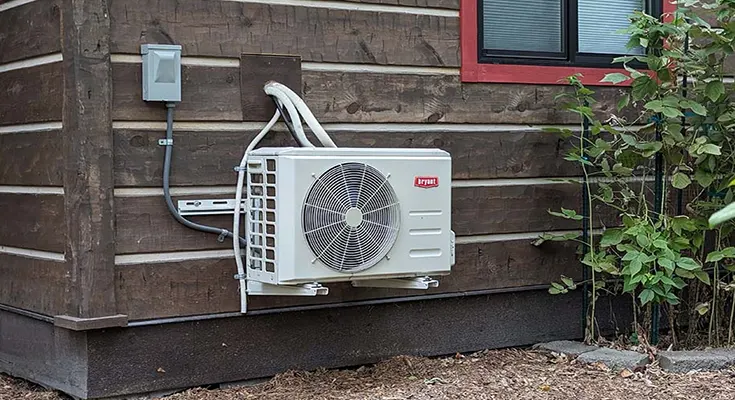
Cost-Effective Internet Marketing Solutions for Startups in California
Starting a business in California, especially in a competitive landscape, requires smart and efficient marketing.1 For startups with limited budgets, leveraging cost-effective internet marketing strategies is crucial for driving growth and establishing a strong online presence. Here’s a guide to affordable digital marketing solutions that can help California startups thrive.
1. Master Search Engine Optimization (SEO)
SEO is fundamental for organic growth and doesn’t require a hefty advertising budget.2 By optimizing your website, you can attract potential customers searching for your products or services.3
- Local SEO: For California startups, especially those with a physical presence, local SEO is paramount.4
- Google My Business: Create and optimize your Google My Business profile with accurate information, photos, and regular updates.5 This helps you appear in local search results and on Google Maps.6
- Local Keywords: Use location-specific keywords (e.g., “best coffee in Los Angeles,” “tech support San Francisco”)





